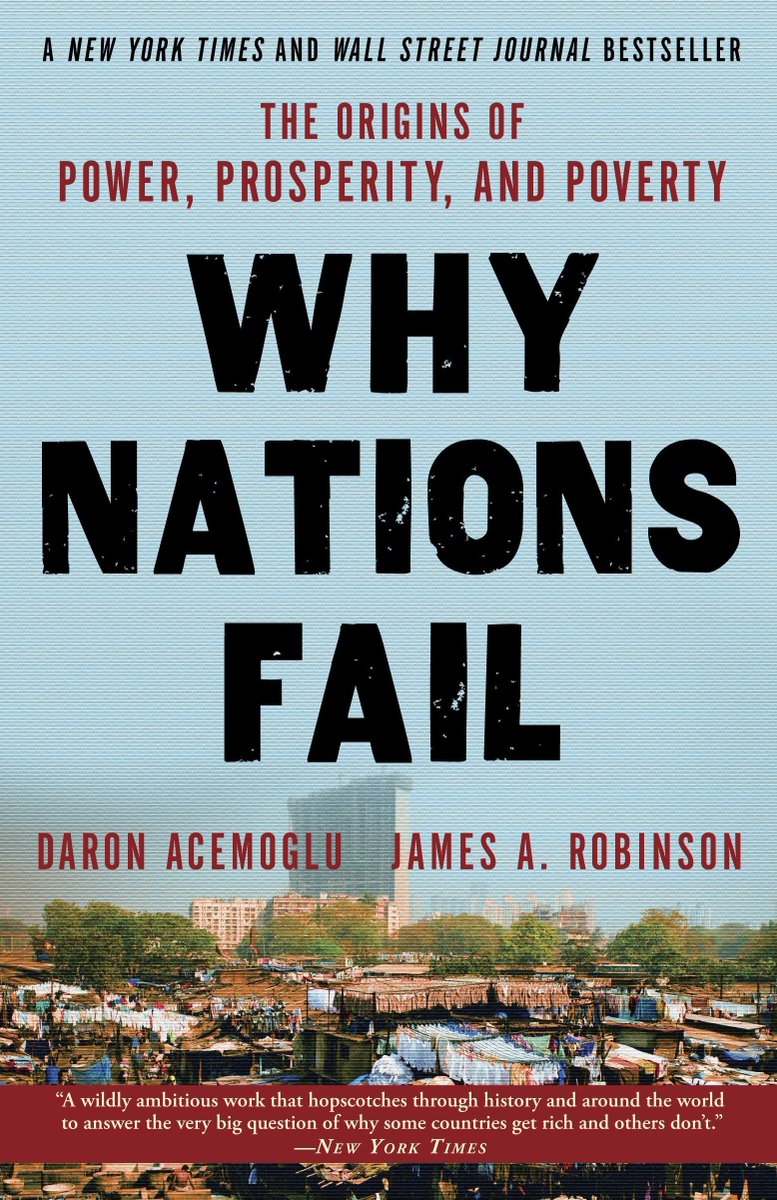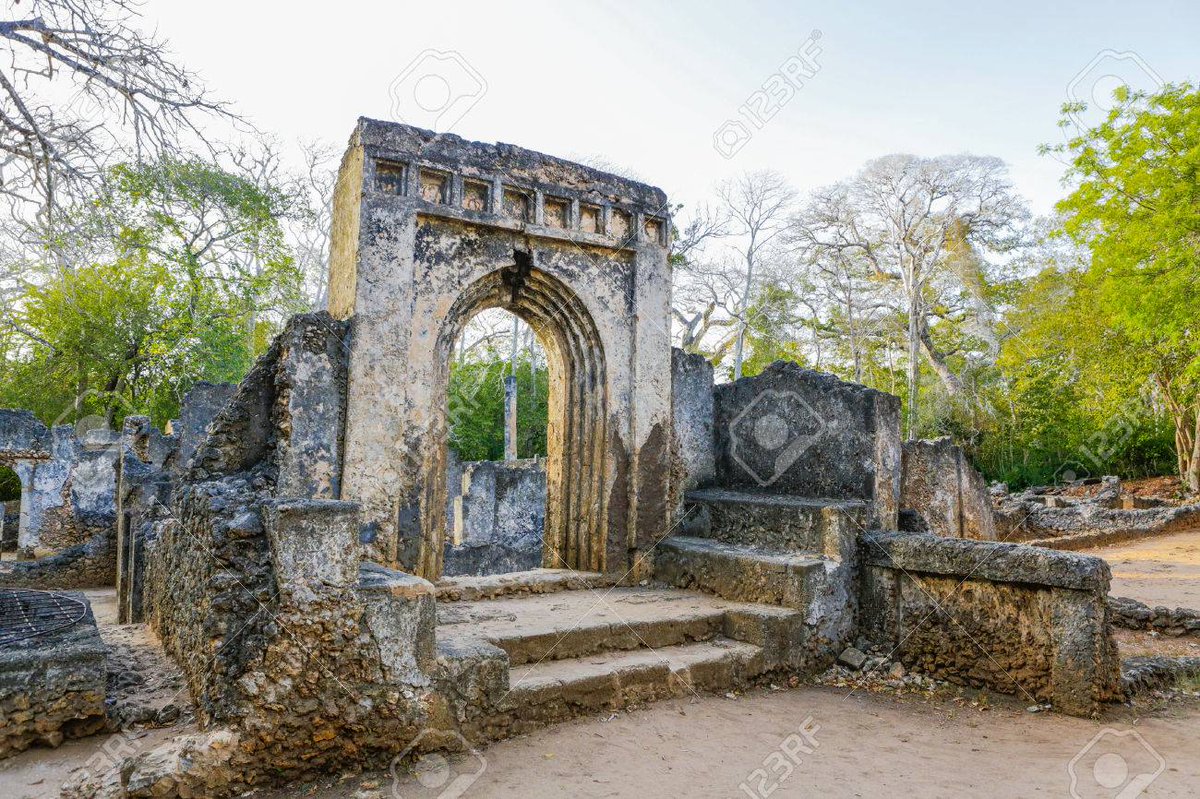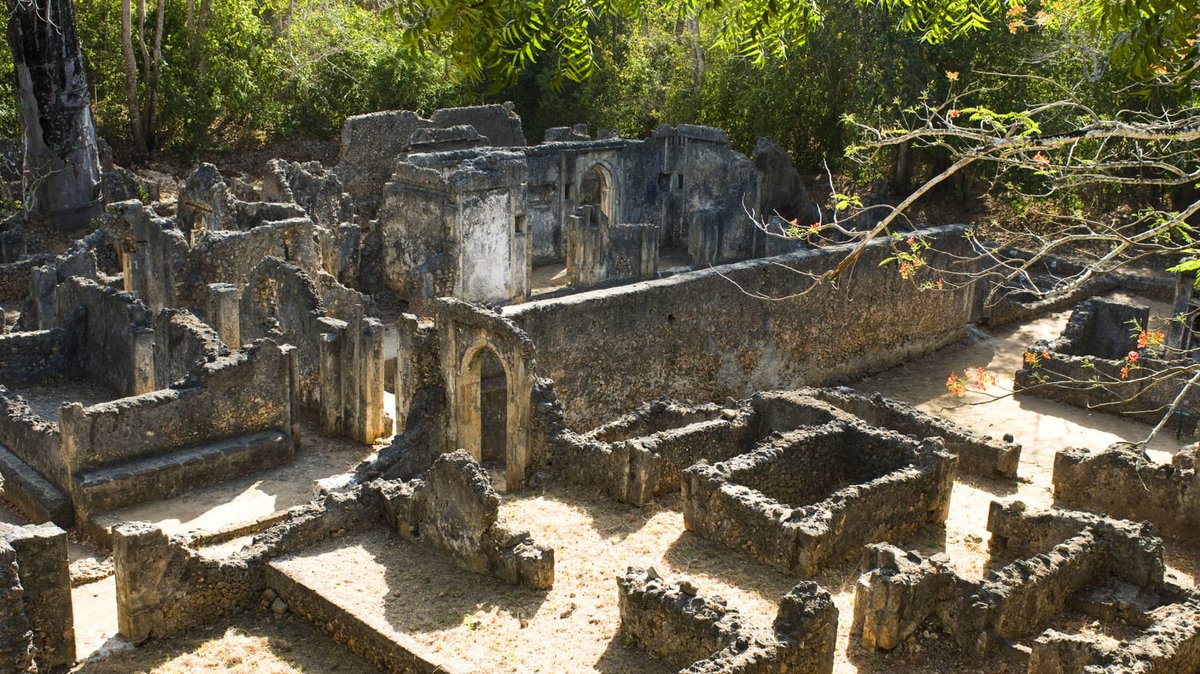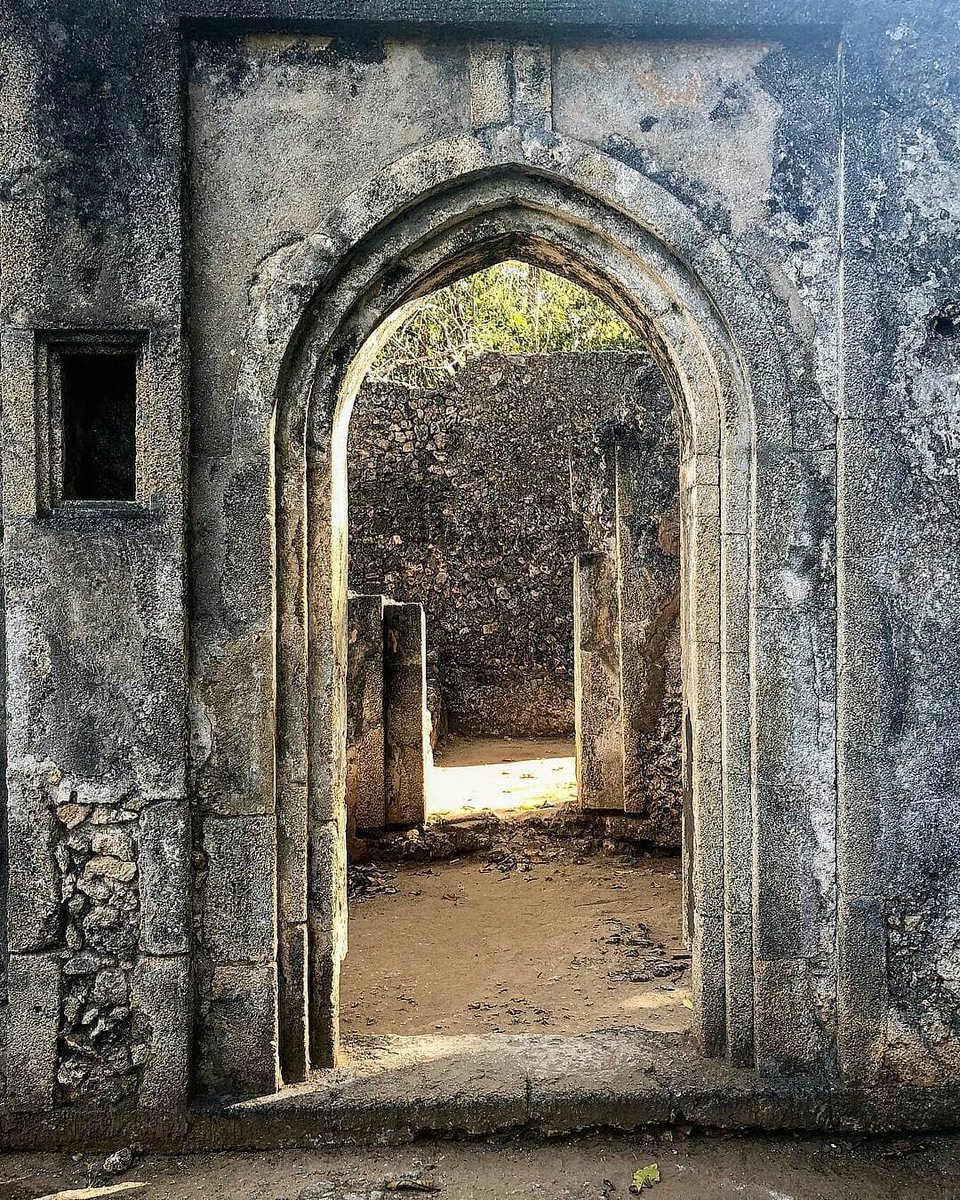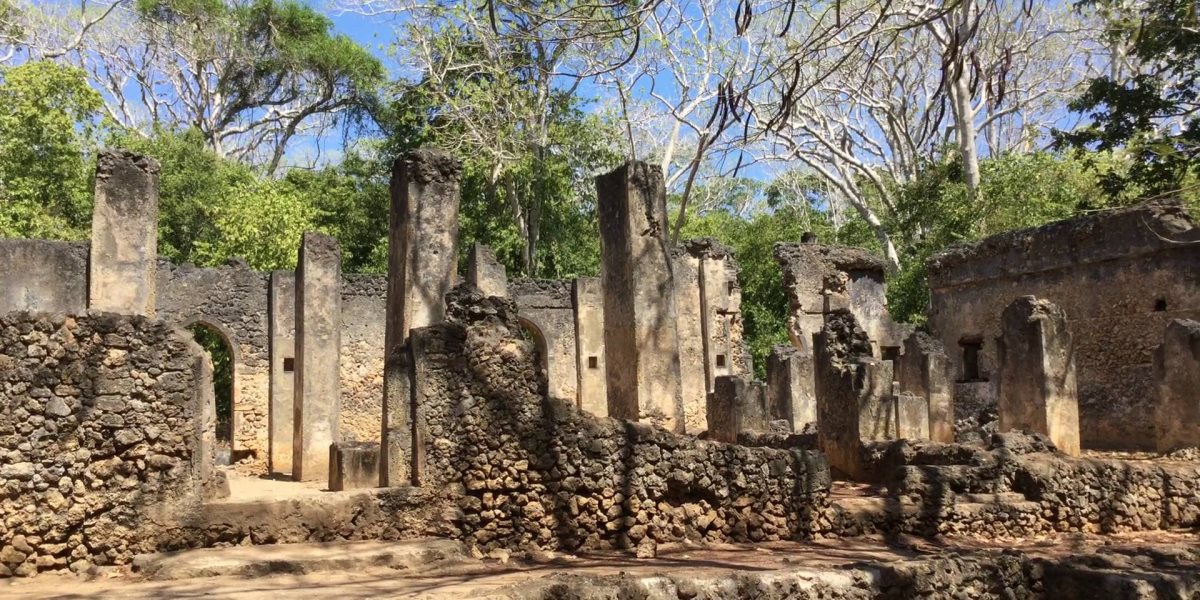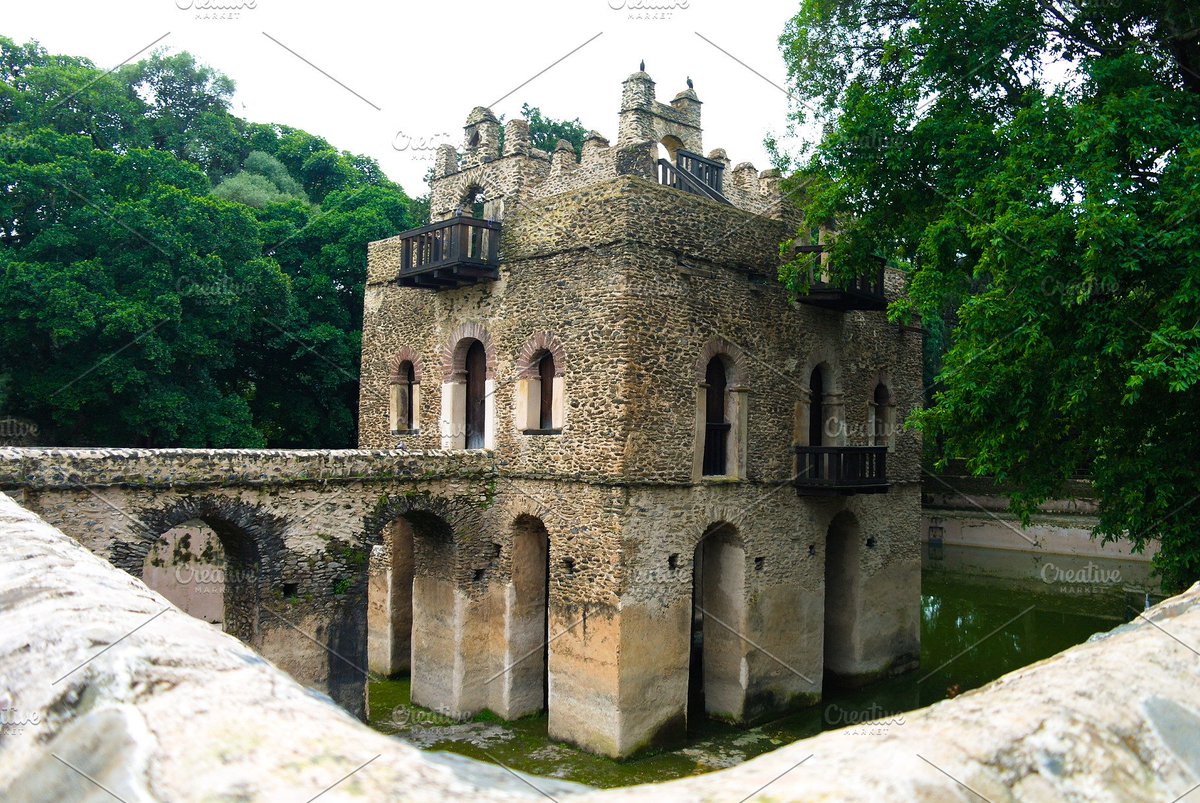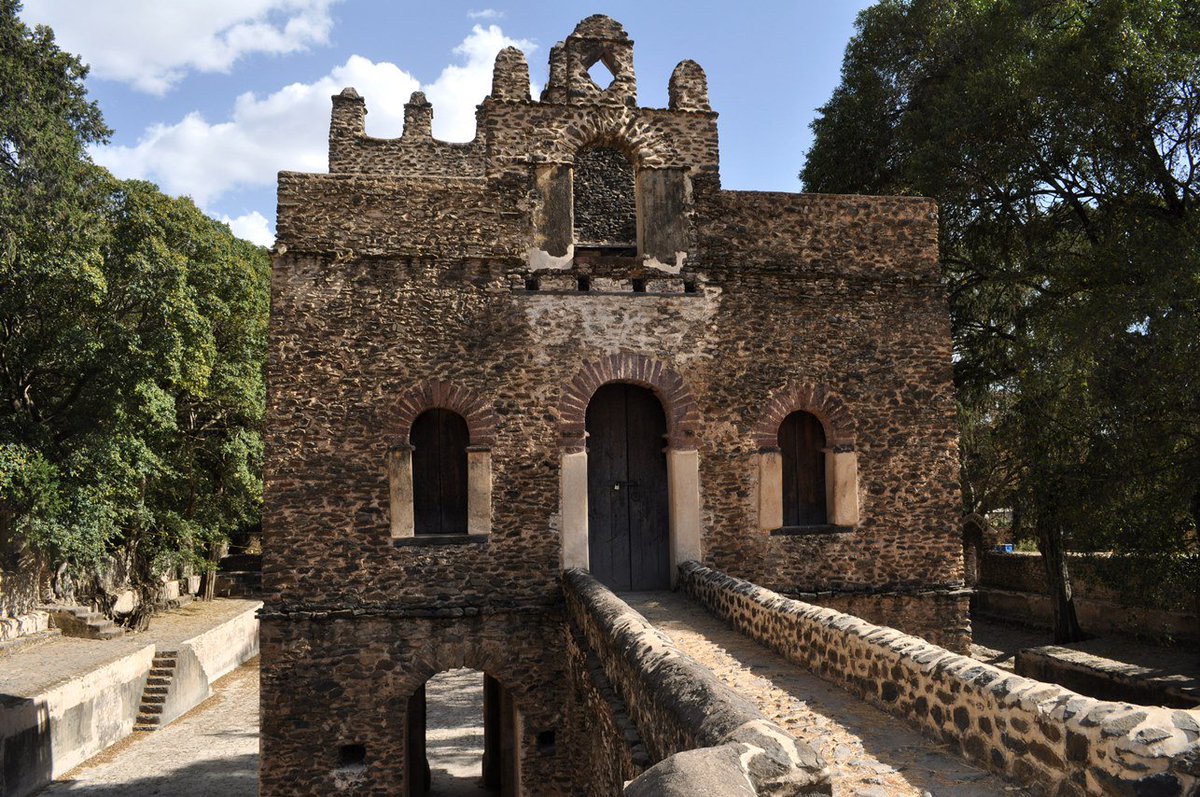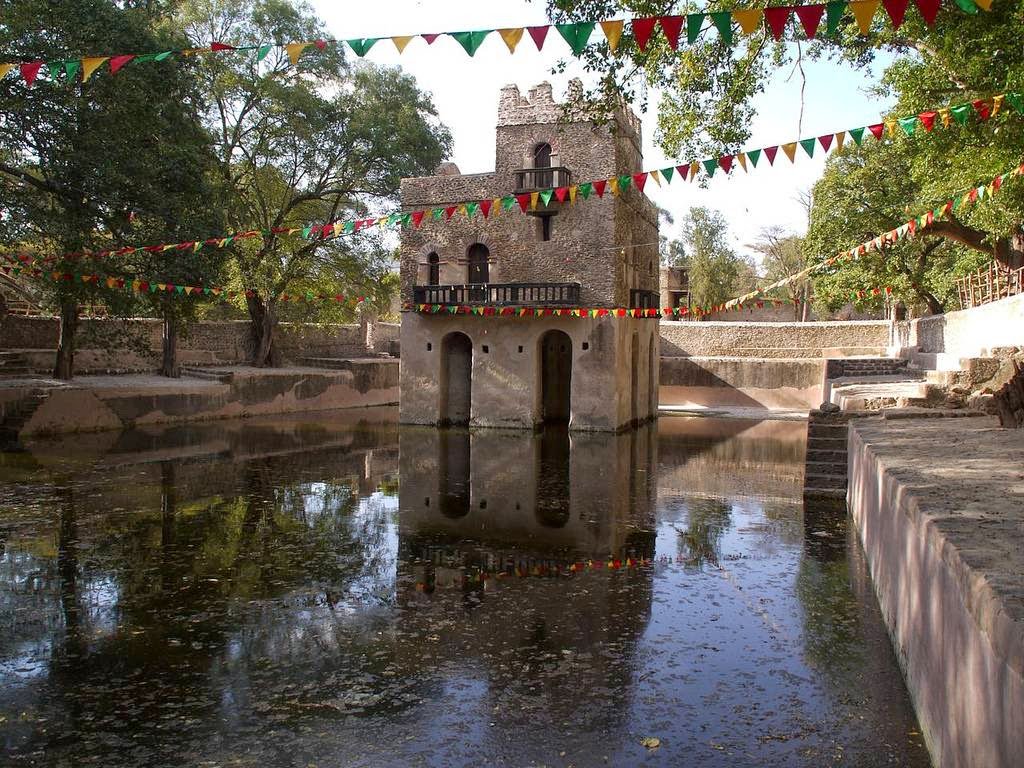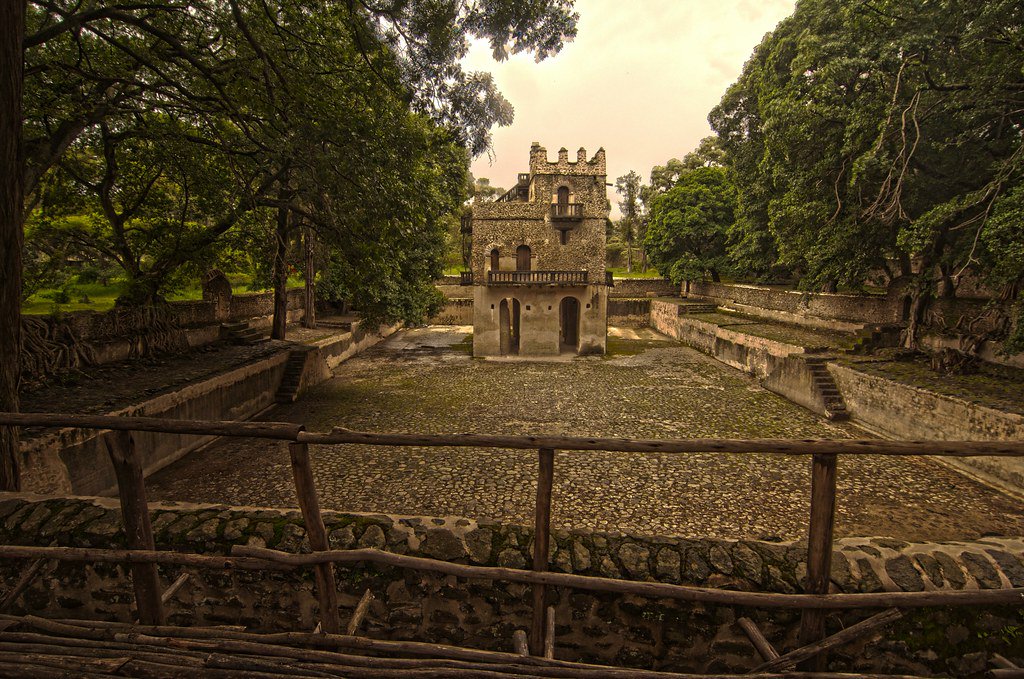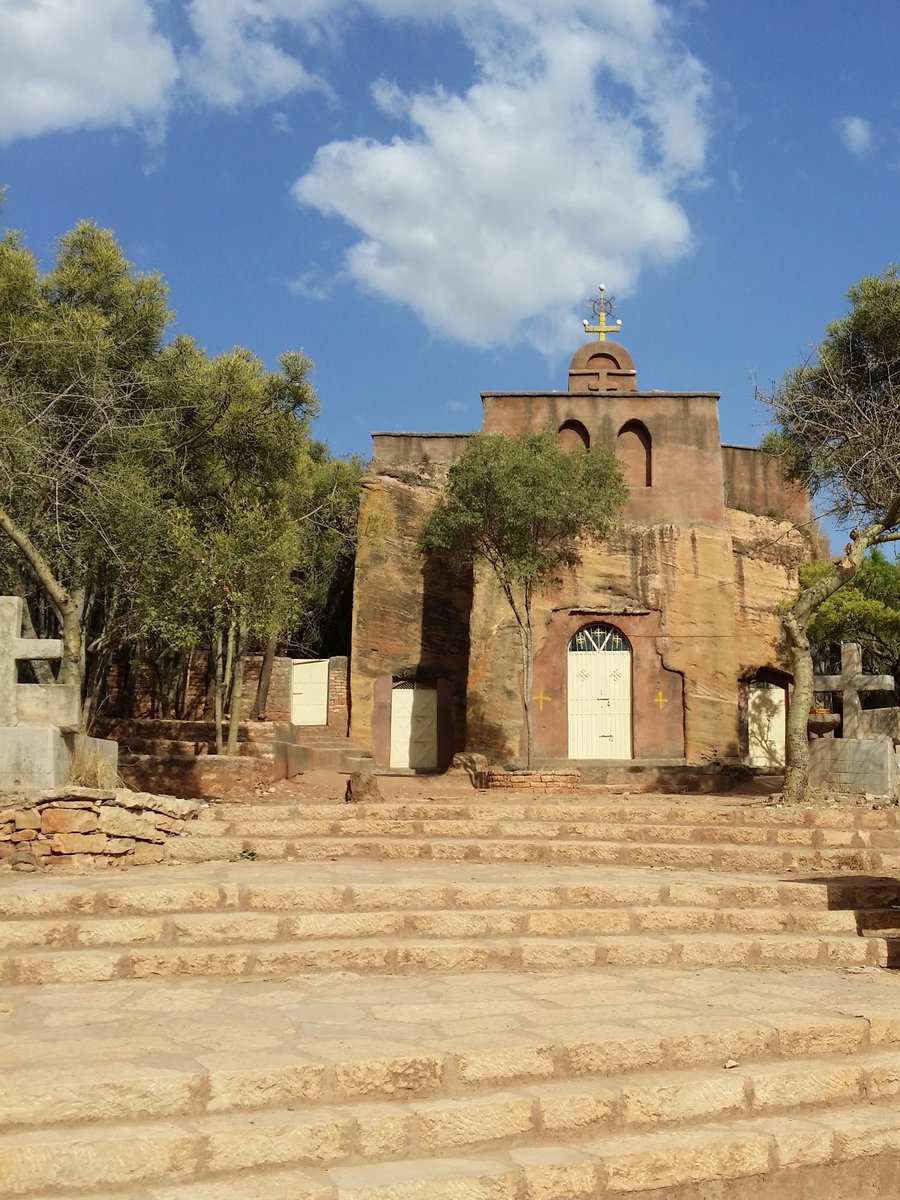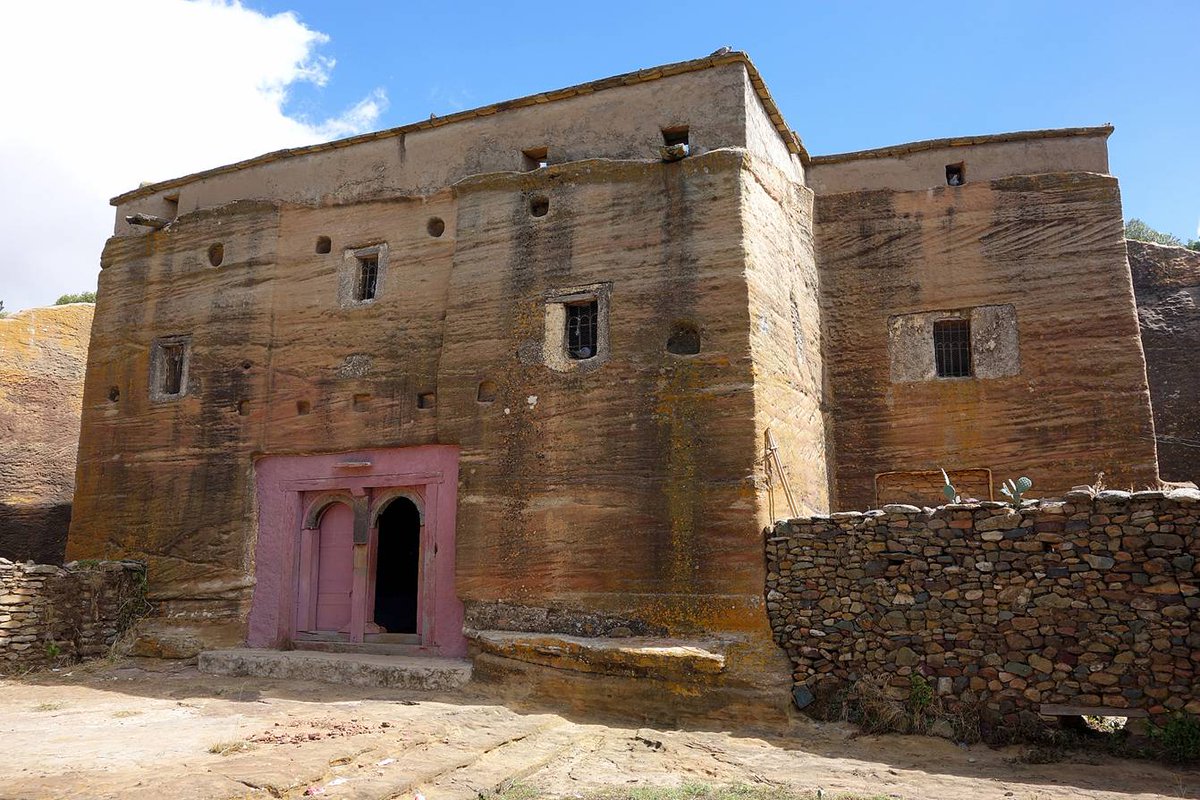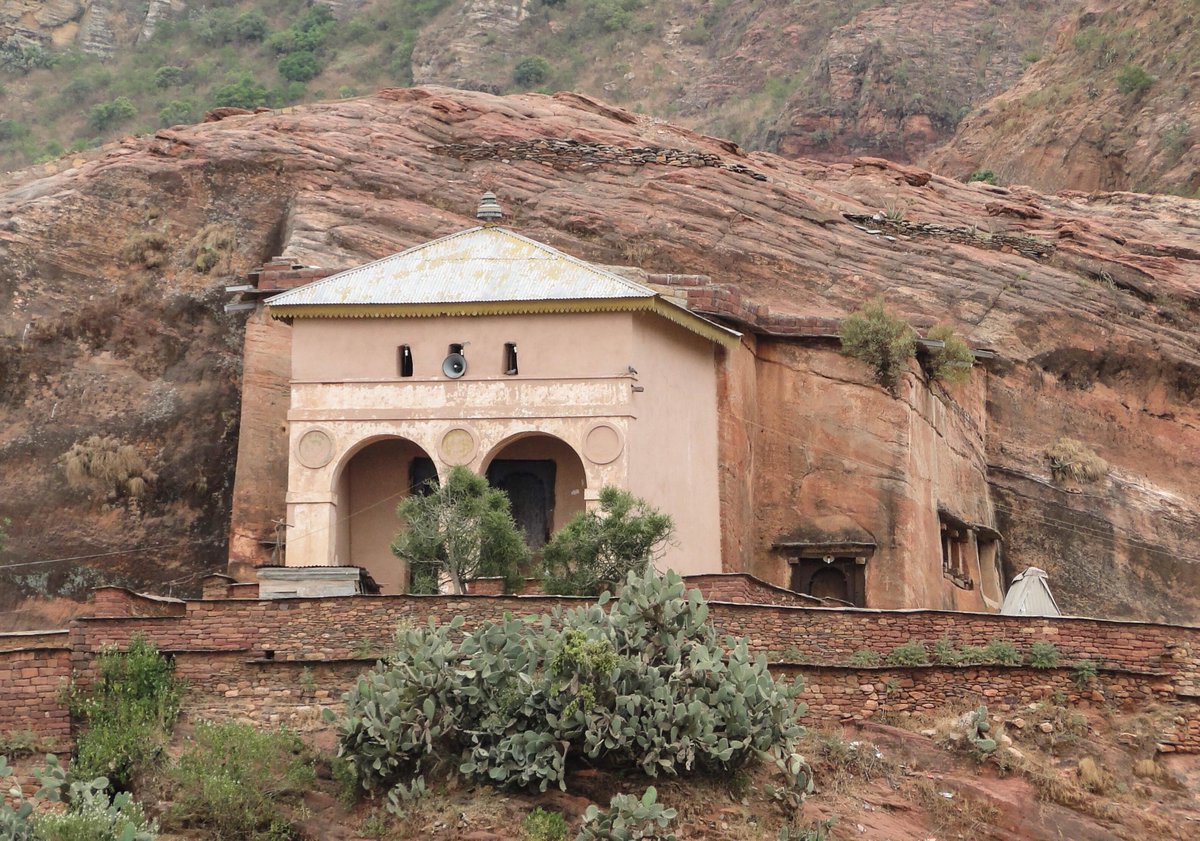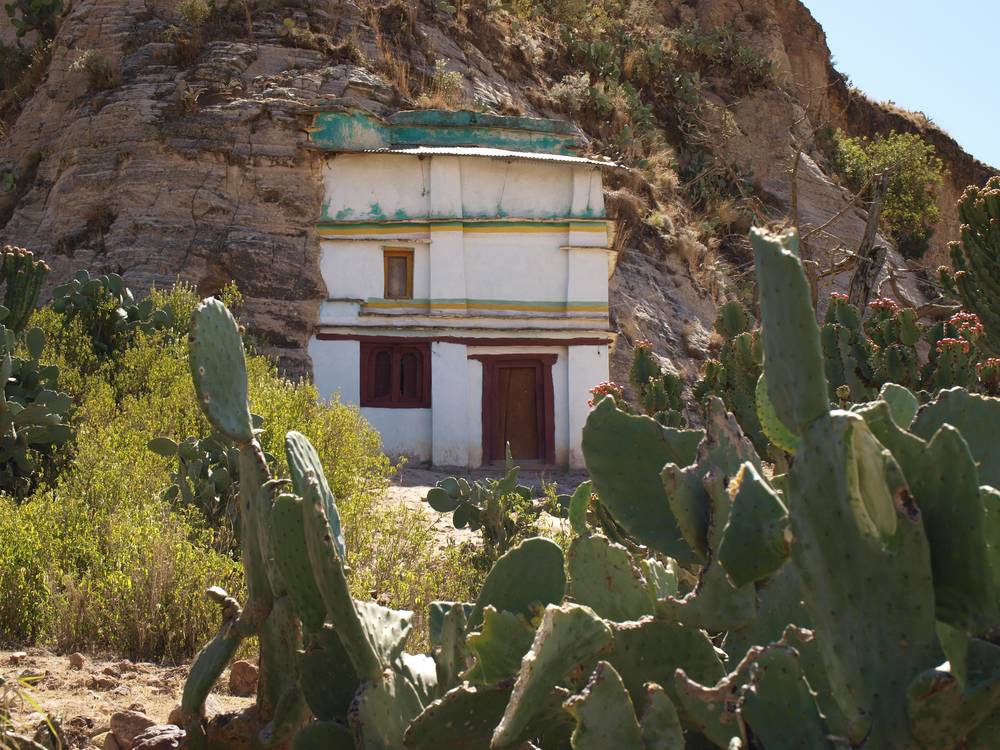
Megathread on the "trivial" details in African history
-notable figures
-economic history
-African warfare
-politics & diplomacy
-miscellaneous
on the 19th century west African philosopher Abd Al-Qadir al-Mustafa al-Turudi and his works
-notable figures
-economic history
-African warfare
-politics & diplomacy
-miscellaneous
on the 19th century west African philosopher Abd Al-Qadir al-Mustafa al-Turudi and his works
https://twitter.com/rhaplord/status/1372161274797191169
the scale of gold trade in medieval southern africa
https://twitter.com/rhaplord/status/1108681695342006272?s=20
logistics of benin textile trade along the west african coast
from the mid-15th to late 17th century, benin's textiles were in high demand along the coast partially b'se of their use as currency
from the mid-15th to late 17th century, benin's textiles were in high demand along the coast partially b'se of their use as currency
https://twitter.com/rhaplord/status/1107271034414104577?s=20
the paved streets of ile-ife an ancient yoruba city
broken, neatly laid potsherds were a common feature of west african cities from jenne to diffa, the tradition first appeared during the late 1st millennium
broken, neatly laid potsherds were a common feature of west african cities from jenne to diffa, the tradition first appeared during the late 1st millennium
https://twitter.com/rhaplord/status/1119163122277687298?s=20
scale of asante gold trade
the asante retained much of their gold between the 18th and mid-19th century, stemming an erosion of value and sustaining a fiscal-military state in the nascent global economy when some contemporaneous African states couldn't
the asante retained much of their gold between the 18th and mid-19th century, stemming an erosion of value and sustaining a fiscal-military state in the nascent global economy when some contemporaneous African states couldn't
https://twitter.com/rhaplord/status/1223320097504276481?s=20
thread on African toilets and latrines
from makuria to asante, from jenne to the swahili
from makuria to asante, from jenne to the swahili
https://twitter.com/rhaplord/status/1329363436225114112?s=20
dispelling the myths that the intellectual culture of westafrica wasn't a transformative factor in its politics
https://twitter.com/rhaplord/status/1306955169960259589?s=20
on the effect of African state's "retreat to the interior" , specifically looking at africa's nautical history - naval warfare and maritime trade
(this also applies to the 25th dynasty's "retreat" from Egypt and kanem's "retreat" from Libya)
(this also applies to the 25th dynasty's "retreat" from Egypt and kanem's "retreat" from Libya)
https://twitter.com/rhaplord/status/1373948768979021835?s=20
effects of pandemics on african states in the past, looking at the brief collapse of ife due to the bubonic plague
perhaps the most devastating was the epidemic that caused the end of the urewe neolithic in central africa
phys.org/news/2021-02-e…
perhaps the most devastating was the epidemic that caused the end of the urewe neolithic in central africa
phys.org/news/2021-02-e…
https://twitter.com/rhaplord/status/1238384415421710337?s=20
a horse's bit from niger dated between the mid first and early second millennium
westafrican states heavily relied on their cavalry so much that in the 16th century, the kanem army was mostly just mounted soldiers
westafrican states heavily relied on their cavalry so much that in the 16th century, the kanem army was mostly just mounted soldiers
https://twitter.com/rhaplord/status/1197858180333744128?s=20
mali's estimated annual expenditure on horses taken from ibn battuta
the traveler made a few notes on mali's economy including the cowrie-dinar exchange rate, the gold trade and the markets
the traveler made a few notes on mali's economy including the cowrie-dinar exchange rate, the gold trade and the markets
https://twitter.com/rhaplord/status/1119898152969097216?s=20
benin and early afro-european diplomacy
https://twitter.com/rhaplord/status/1111270318893662213?s=20
• • •
Missing some Tweet in this thread? You can try to
force a refresh

